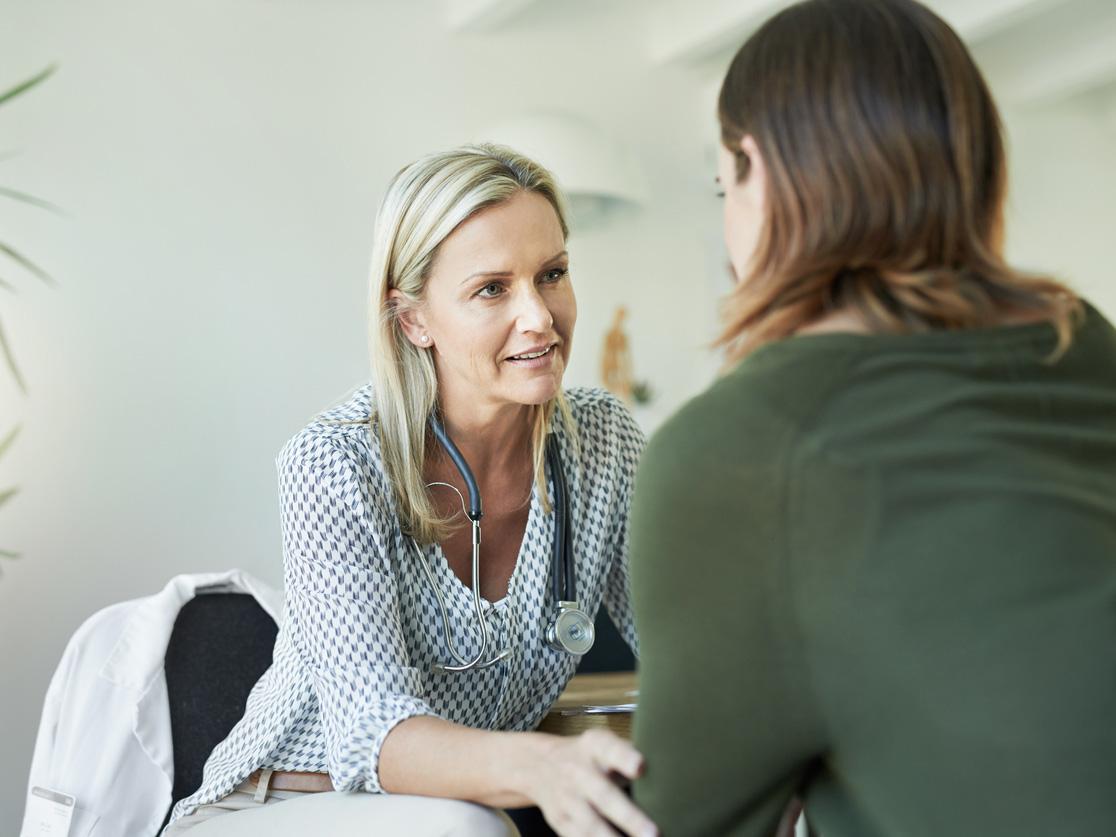Thousands of women suffering 'avoidable' delays with diagnosis of incurable breast cancer, study finds
'We talk a lot about the progress we have made in breast cancer over recent decades – but we cannot let this mask just how far we still have to go'

Thousands of women with incurable breast cancer are forced to repeatedly visit their GPs before they are diagnosed, enduring “avoidable” delays as a result, a new report has suggested.
Almost a quarter (24 per cent) had been to their doctor three or more times before finally being given the diagnosis, according to the findings from the Breast Cancer Now charity, which also discovered that around one in four had experienced the disease return and spread after receiving treatment.
Among those who had previously been diagnosed with primary breast cancer, only around one in 10 of those surveyed said they were properly informed about the warning signs of its return.
“Those living with incurable secondary breast cancer face fear, anxiety and uncertainty every day, said the charity's chief executive, Baroness Delyth Morgan. "But they desperately want to live well while they can, sometimes for years, and have the best support possible to enjoy precious time with their loved ones.
“We talk a lot about the progress we have made in breast cancer over recent decades – but we cannot let this mask just how far we still have to go. For over a decade, we’ve been calling for improvements to the diagnosis, treatment and care of secondary breast cancer, but change has been too slow. For too long women living with secondary breast cancer have felt overlooked and forgotten.”
Nathalie Wastie-Brett, from Witney, was diagnosed with primary breast cancer in April 2012.
“I found a lump in my breast when I was 23 and at the start of my second year of university in 2010." she said. "However, when I got it checked out a specialist told me I was too young to get breast cancer and, unfortunately, I believed her. As a result, I wasn’t diagnosed until two years later, and the cancer had already spread."
She learned he disease had already been found in her sternum at the end of the hospital treatment.
“Being diagnosed with secondary breast cancer so young means I had barely any time to be an adult without cancer - my life had barely begun before I found out that it would be over far sooner than I ever would have thought," said Ms Wastie-Brett, now 31.
"While this means I’ll never have a career or travel, for me the most heart-breaking part is that I’ll never have children."
She added: “Cancer has robbed my husband, who was just 21 when I was diagnosed, and I the chance to have a family together. Our wedding in May 2017 was incredibly bittersweet as we knew it was one of the last big life milestones that we would do together and that, too soon, my husband will be a widower. This shouldn’t happen to anyone.”
Miranda Ashitey was diagnosed with secondary breast cancer in February 2019 after she was rushed to A&E with fluid in her heart and lungs.
The 36-year-old from London, had been given a primary diagnosis five years earlier, but she said it was "shocking and totally unexpected" to be told of its return.
"I’d had a persistent cough for two months, but I felt fine, until I suddenly deteriorated and was admitted to A&E with fluid in my heart and lungs," she said. "After a week in hospital I was told cancer cells had been found in the fluid, and that the cancer had spread to my lungs and liver and was incurable.
“I now feel like I’m living on borrowed time. I’m constantly aware, having seen it happen to other women, how quickly things can change once the drugs stop working. It’s devastating knowing that I’m never going to be the same age as my mum, that I’ll never draw a pension, nor will I watch my three beautiful nieces grow up."
There are an estimated 35,000 people currently living with secondary breast cancer in Britain. Around 55,000 women and 370 men are diagnosed with breast cancer in the UK each year – with around 11,500 women and 80 men dying from the disease every year.
Professor Helen Stokes-Lampard, chair of the Royal College of GPs, insisted cancer was an “enduring priority” for them.
She said: “GPs and our teams are working flat out to do the very best we can for all our patients. We understand the importance of timely cancer diagnosis and are highly-trained to identify possible symptoms of cancer and its recurrence.
“But some symptoms are very difficult to interpret because they are vague in the initial stages, or indicative of other, more common conditions – in other cases, there may be no symptoms at all. We are actually making positive progress on cancer diagnosis in primary care, but GPs must have better access to the right diagnostic tools in the community and the appropriate training to use them.
“Over 1 million patients will visit their GP surgery today alone, but the number of GPs has not kept pace with patient demand, and the traditional 10-minute consultation is no longer enough for patients with complex needs. We urgently need greater investment in our family doctor service so that we are properly resourced and can give our patients the time they need.”
Subscribe to Independent Premium to bookmark this article
Want to bookmark your favourite articles and stories to read or reference later? Start your Independent Premium subscription today.

Join our commenting forum
Join thought-provoking conversations, follow other Independent readers and see their replies